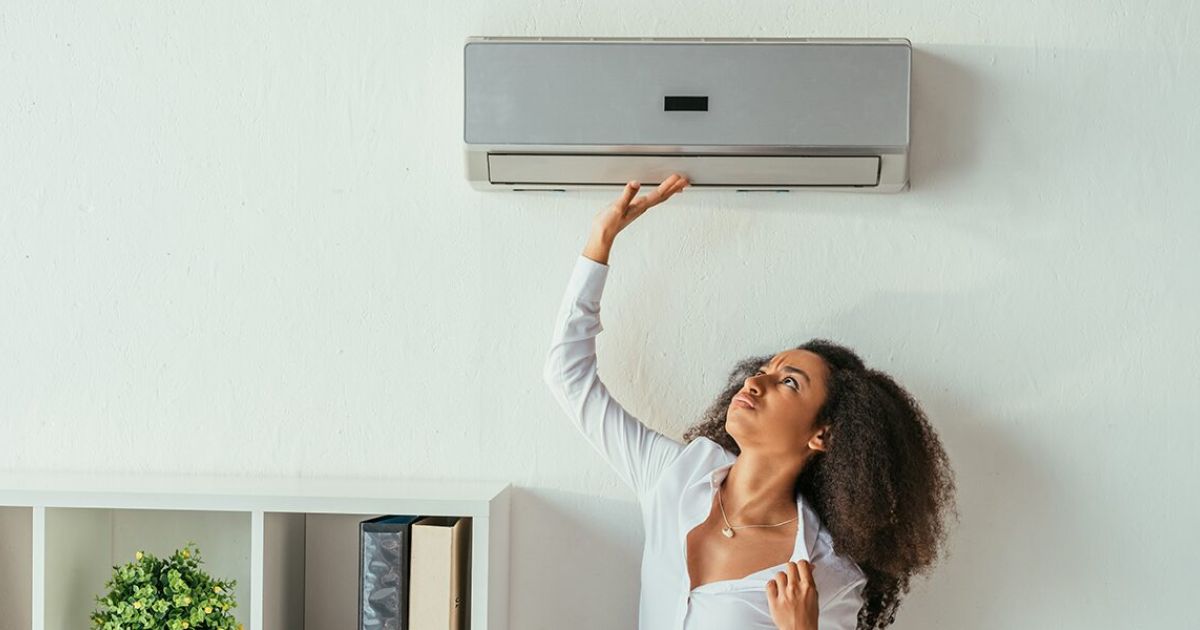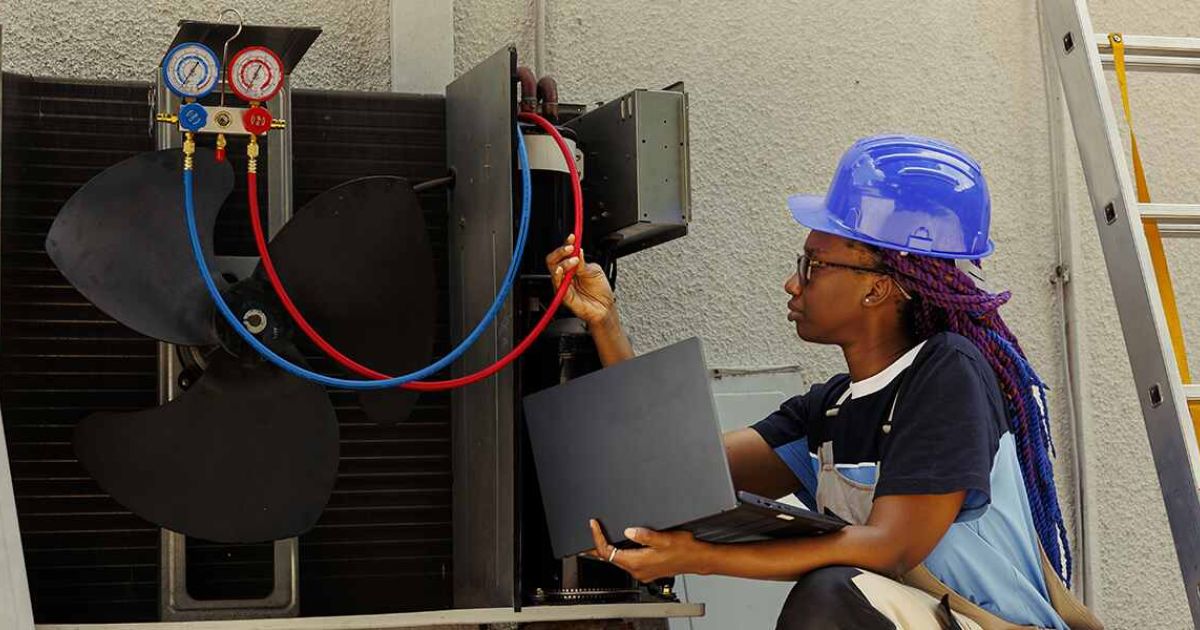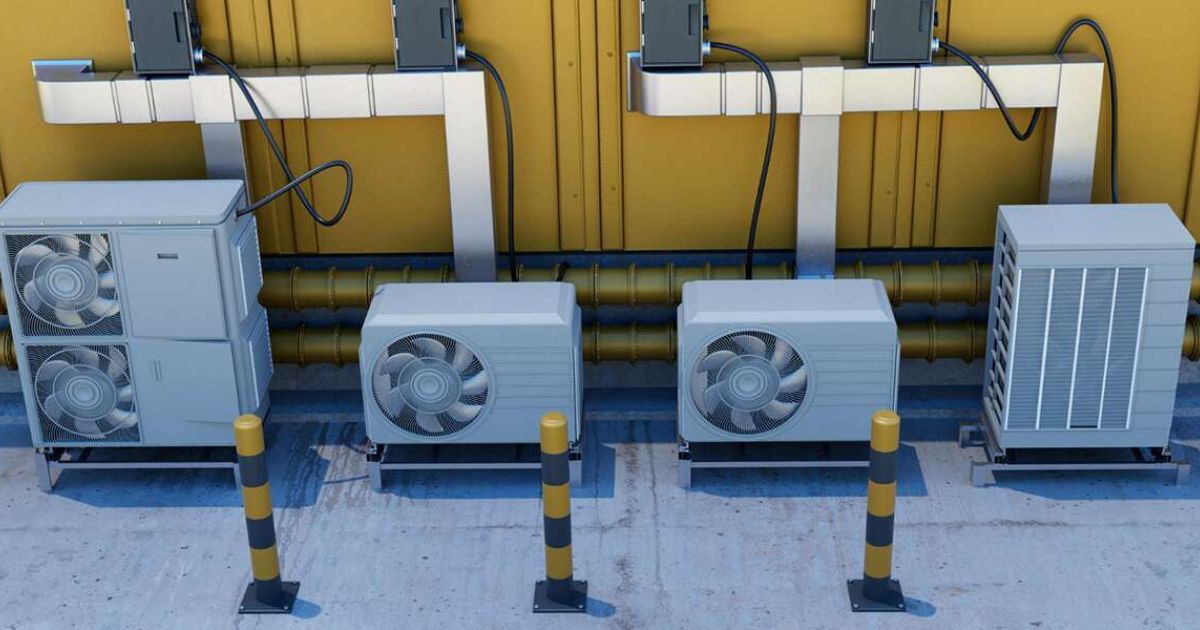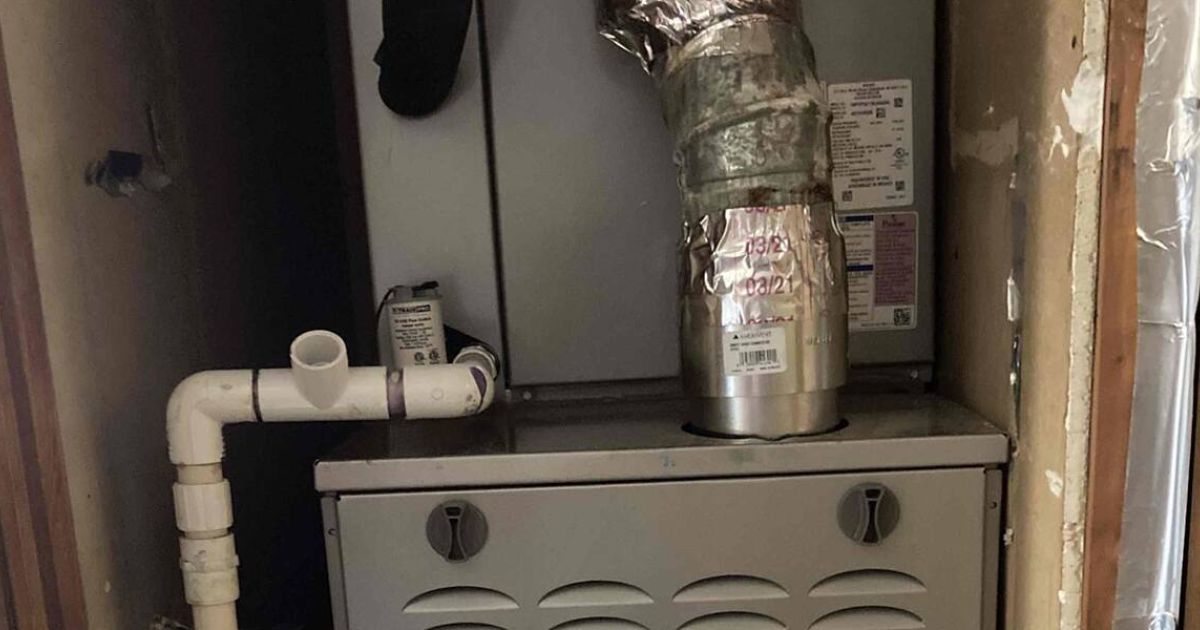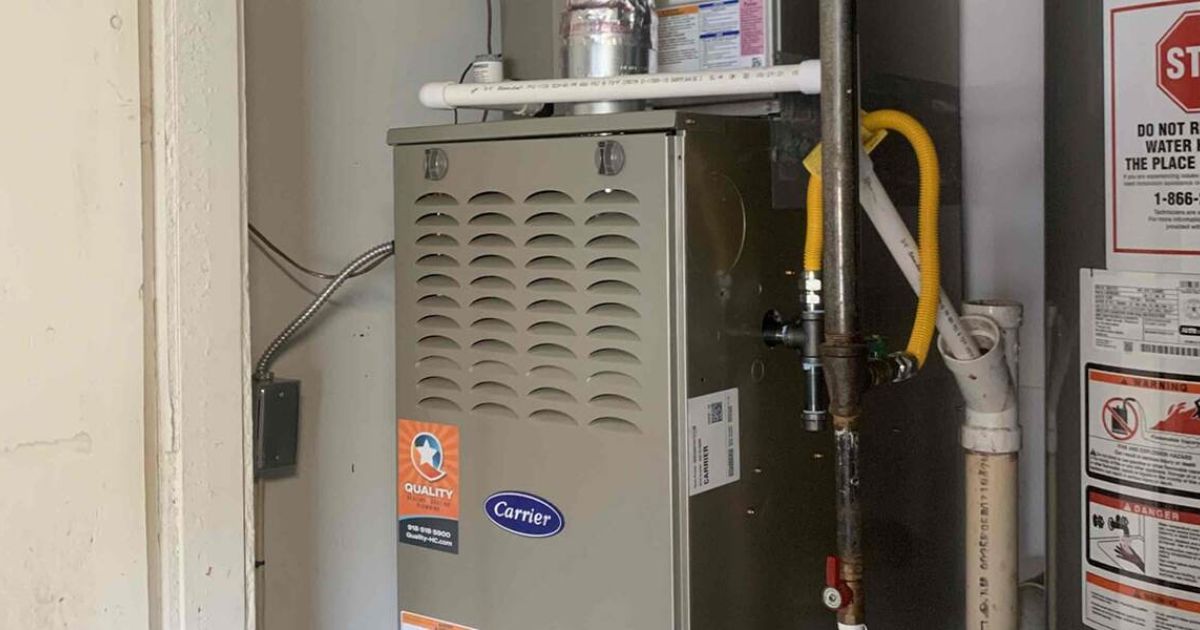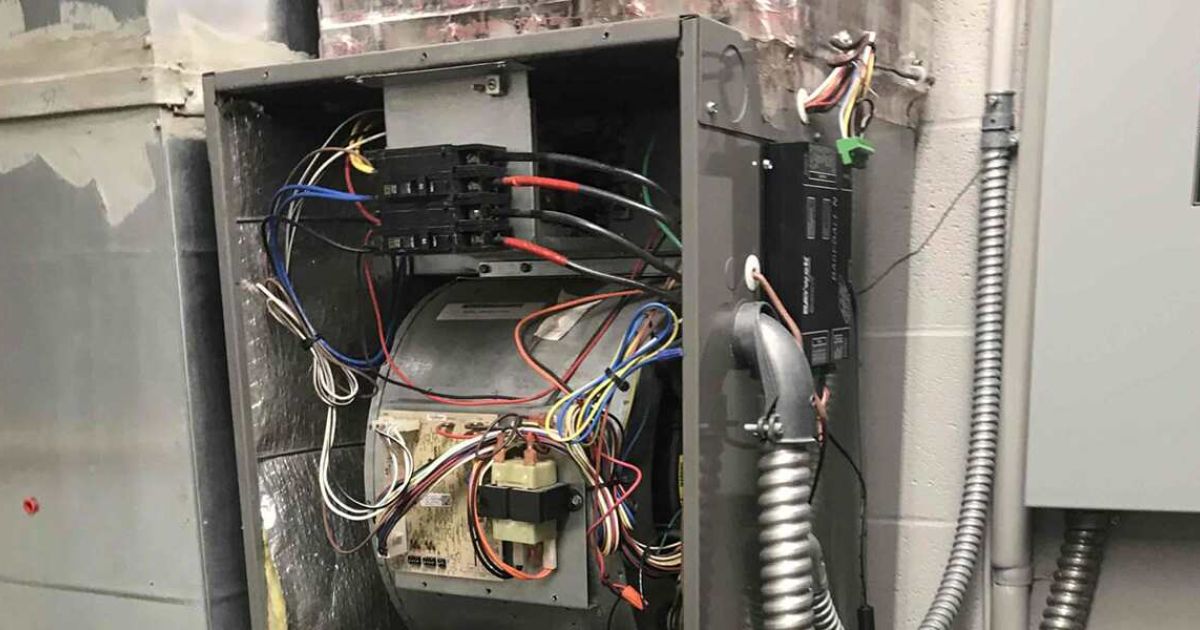Electrical Requirements for HVAC Installation: Important Considerations

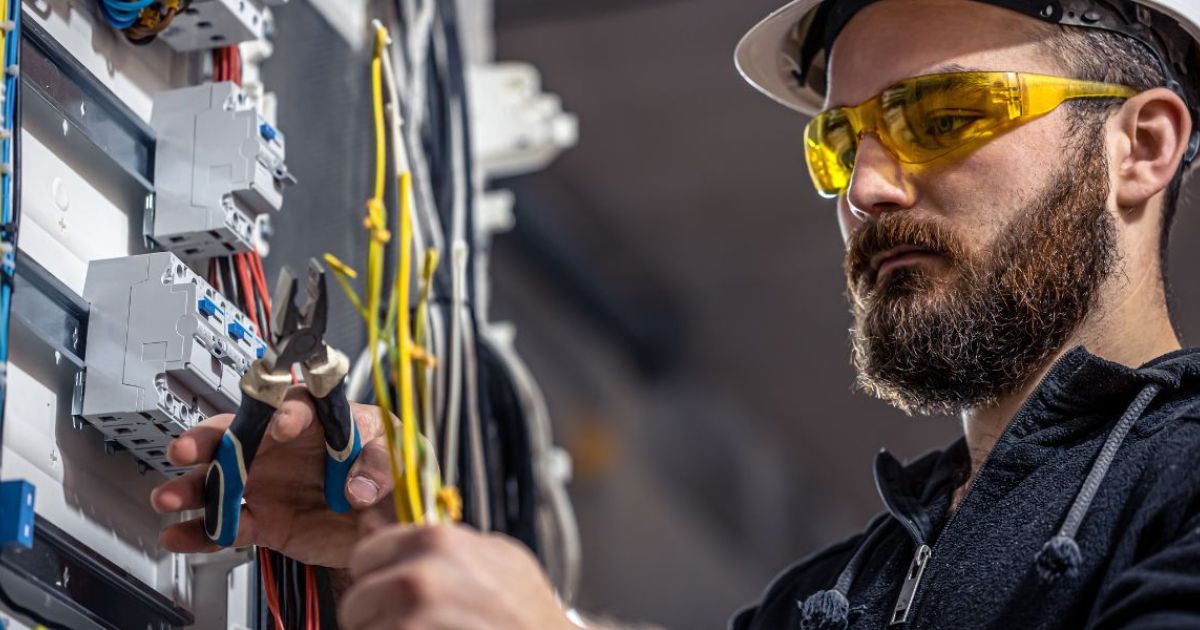
Are you having problems with the electrical system supporting your residential or commercial HVAC unit? Call Quality Heating Cooling & Plumbing at (918) 212-0122 for service in Tulsa, OK.
HVAC systems are some of the most crucial parts of any home or office space. Without HVAC systems, we would never enjoy the comforts of indoor cooling and heating. HVAC functioning is essential during certain seasons to offset extreme outdoor temperatures.
Property owners usually don’t consider the electrical requirements for HVAC systems when building or renovating a new home or office. However, running an HVAC system on faulty electrical components could severely damage it. Finding reliable HVAC installation in Tulsa to service your repair and electrical needs is crucial to maintaining a healthy system.
Electrical Systems Support Your HVAC Functioning
Many home and business owners don’t realize how crucial their electrical equipment is to HVAC functioning. HVAC systems have significant components in almost every part of your property, giving it the power to cool and heat your entire home or office. These components all require electrical power, which is the lifeblood of your HVAC system.
Like any electrically supported appliance, the size and power of your HVAC system will also determine your electrical needs. A wall or window unit with only one vent will have drastically different requirements than a multi-duct or split-system HVAC unit. Therefore, understanding how electrical systems support your HVAC unit limits problems with tripped breakers and electrical system breakdowns.
Key Electrical Considerations for New and Existing HVAC Systems
Review some key electrical considerations if you’re having problems with an existing unit or considering installing a new HVAC system. These factors help ensure your new system remains functional and healthy.
Consider a New Electrical System When Installing a New HVAC Unit or Experiencing Frequent Breakdowns
The primary concern when installing a new HVAC system is whether or not the existing electrical framework can support the new unit. If you’re upgrading in terms of power or size, consider installing new electrical components to help support this system. Conversely, downgrading the HVAC size or strength might allow you to lighten the electrical load on the new system.
Existing systems can also mandate new electrical requirements for HVAC use. If you’re experiencing frequent breakdowns, your system may not be running on the right electrical system. In this situation, installing a new system that can adequately support your HVAC unit may be necessary.
Match HVAC Unit Size With Equal Electrical Power
The power required for your electrical system to support HVAC functioning depends mainly on the size and amount of ducts and vents. Some small units like window inverter AC types or rollaway air conditioners may only need to plug into an outlet. However, multi-duct and split-system units require far greater electricity and a larger breaker to cool or heat your home or office space effectively.
Ensure that you check with HVAC professionals to determine whether your electrical system is adequate for your HVAC unit. Also, check that your breakers are all the correct sizes. Professionals can sometimes rewire certain hookups or components to add power to your system without a complete replacement.
Dedicate a Circuit Breaker to Your HVAC System
Many property owners wonder whether it is necessary to dedicate an entire breaker to their HVAC system. However, because of electrical interactions with other appliances in your home, this is a crucial part of maintaining a healthy system.
Just as dishwashers and lighting systems have a dedicated breaker, you should reserve one for your HVAC system. Assigning a breaker for HVAC functioning helps you manage the electrical charges of other home appliances. Furthermore, HVAC systems without a dedicated breaker are far more likely to break down or require replacement.
Assess Your Electrical System When You Have Frequent Issues
Your HVAC system may experience problems for many reasons. However, suppose your system experiences frequent electrical issues, such as tripping the breaker or shutting down after minutes of use. These breakdowns might indicate your electrical system isn’t adequately supporting HVAC functioning. Professionals can help you identify whether you need to upgrade or rewire your electrical system to continue heating and cooling.
Evaluate Your System’s Ability To Adequately Heat or Cool Your Residential or Commercial Property
Before evaluating electrical system needs, it’s crucial to understand the heating and cooling load necessary for your space. Heating and cooling load is a term in the HVAC industry delineating what size space different units can accommodate.
HVAC professionals can help you determine the load necessary to cool and heat a space by examining the number of rooms, their size, and the property type. Once professionals evaluate these factors, they can recommend the level of electrical system needed to support your new HVAC unit.
Consider Thermostat Placement During New System Installation
Thermostat placement is one factor of HVAC functioning and electrical system loads that property owners often neglect to consider. Believe it or not, your thermostat’s location will determine many things for HVAC units, including efficiency and electrical use.
Thermostats too close to sunlight or open windows might confuse outdoor temperatures with indoor climates. Since thermostats gauge a room’s temperature to evaluate performance, placing one in a particularly hot or cold area could cause HVAC functioning to double down. This overcompensation decreases efficiency and increases the electrical load on your system.
Eliminate Exposed Wires Before Finalizing the Installation
Exposed wires are hazardous for personnel working to install your HVAC system and can disrupt HVAC functioning. When exposed wires accidentally touch components of your HVAC system, they can overload the electrical charge and cause circuit breaks. Work with HVAC and electrical professionals to address exposed wires and ensure covers follow all code requirements before finalizing your HVAC system.
Resolve HVAC Electrical Issues With Quality Heating Cooling & Plumbing
For more information about the electrical requirements for HVAC systems or to learn more about inverter HVAC units, call Quality Heating Cooling & Plumbing at (918) 212-0122 and work with our HVAC professionals today!

Cassie Pound is the Vice President of Quality Heating, Cooling, Plumbing & Electric with locations in Tulsa, Glenpool, and Bartlesville, Oklahoma.

